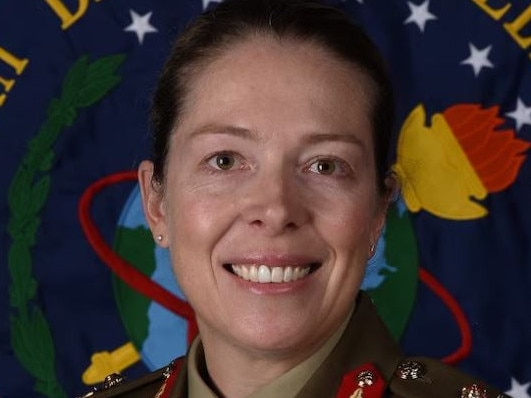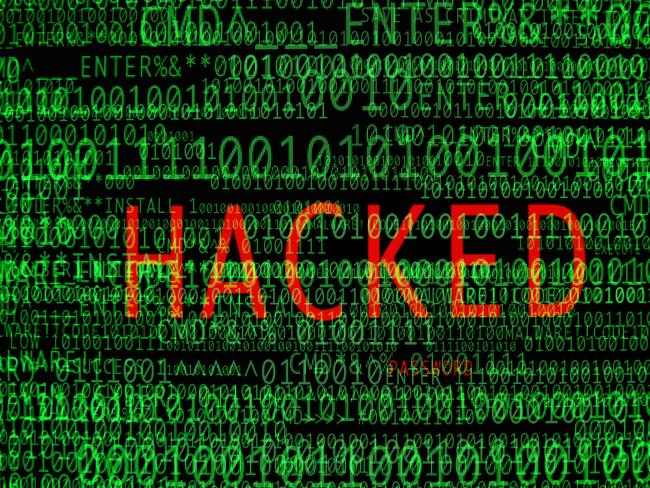National Cyber Security Coordinator urges Australians to better protect their data
Australia’s new cyber security tsar has warned criminals attacking our networks will be slapped with more crippling sanctions as the threat to the nation’s critical infrastructure grows.
News
Don't miss out on the headlines from News. Followed categories will be added to My News.
Australia’s new cyber security tsar says more crippling sanctions are set to be slapped on malicious actors who attack our networks for money and intelligence.
The warning comes after a US security expert revealed that China poses the biggest threat to its critical infrastructure, with criminal gangs in Russia and Eastern Europe seeking to extort vulnerable people and businesses.
In an interview with the Herald Sun, National Cyber Security Coordinator Michelle McGuinness said Australia was an “incredibly attractive target” for cybercriminals and sanctions were a useful tool to thwart attacks.
The Lieutenant General, who was previously an intelligence diplomat, said the first penalties imposed on Russian Aleksandr Ermakov in January for his involvement in the 2022 Medibank Private data breach highlighted what could be achieved through collaboration with our allies.

“There is one attack every six minutes … I think that’s just the tip of the iceberg,” she said.
“I’m looking forward to collaborating with the Department of Foreign Affairs and Trade on future sanctions.”
As pressure mounts on the federal government to follow a US proposal to ban TikTok due to serious privacy issues, General McGuinness said her concerns were not limited to just the video-sharing app — which has a Chinese parent company.
“Social media platforms can be exploited by foreign actors and criminals alike, to target Australians for both financial gain but also for foreign interference,” she said.
“We are closely considering and deliberating over this decision with all the information that’s required.”
General McGuinness recognised that a growing number of Australians were getting caught up in sextortion scams in which people were bribed after being lured into sharing nude photos.
But she said she didn’t believe it was limited to young men being scammed by overseas criminals posing as attractive young women.
“If you’re under the age of 18, you are a victim of online child exploitation and … you can get help from the Australian Centre for Countering Sexual Exploitation.”

Asked ahead of the federal budget if greater investment was needed in cyber security, General McGuinness said “more needs to be done”.
But she said Australians, too, had a role to play in bolstering the nation’s security posture.
This week she will launch a new campaign urging Australians to strengthen their passwords to catchphrases of more than 14 letters or up to four words to prevent criminals from getting them.
It will also call for people to set up multi-factor authentication and update their software every time there is a new alert.
“This is not just about those new features that an application might be offering you … it’s more than likely also fixing vulnerabilities that have been identified,” General McGuinness said.
“They’re simple things that if we all do it as a nation, we will lift our cyber posture and be more secure.”
Australian Cyber Security Hotline: 1300 292 371



